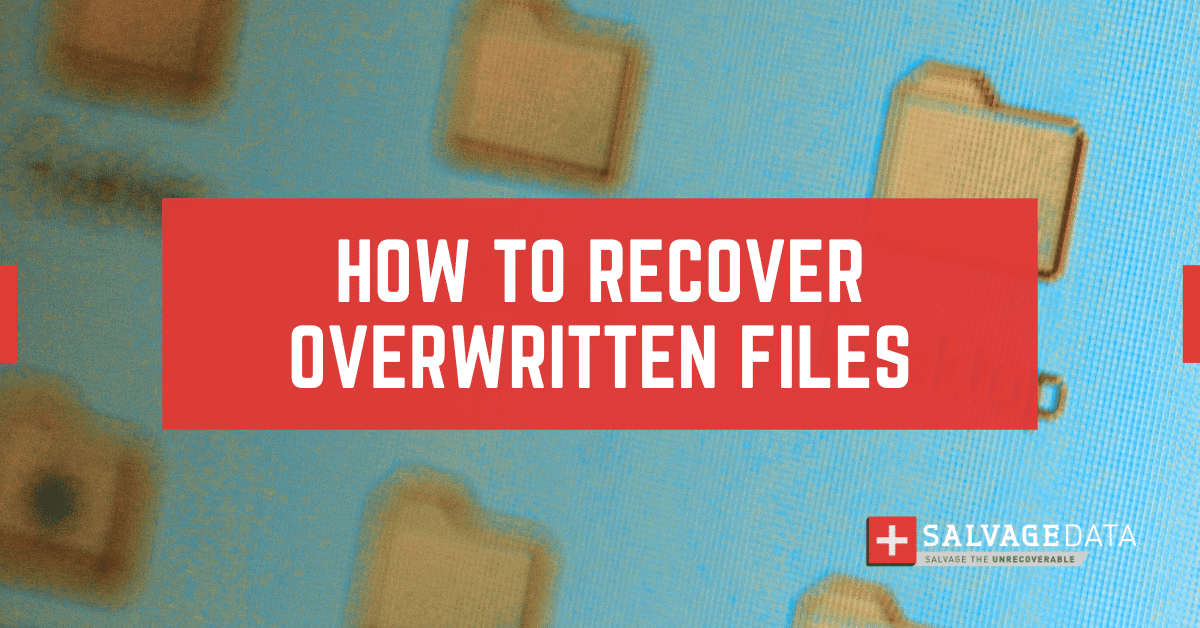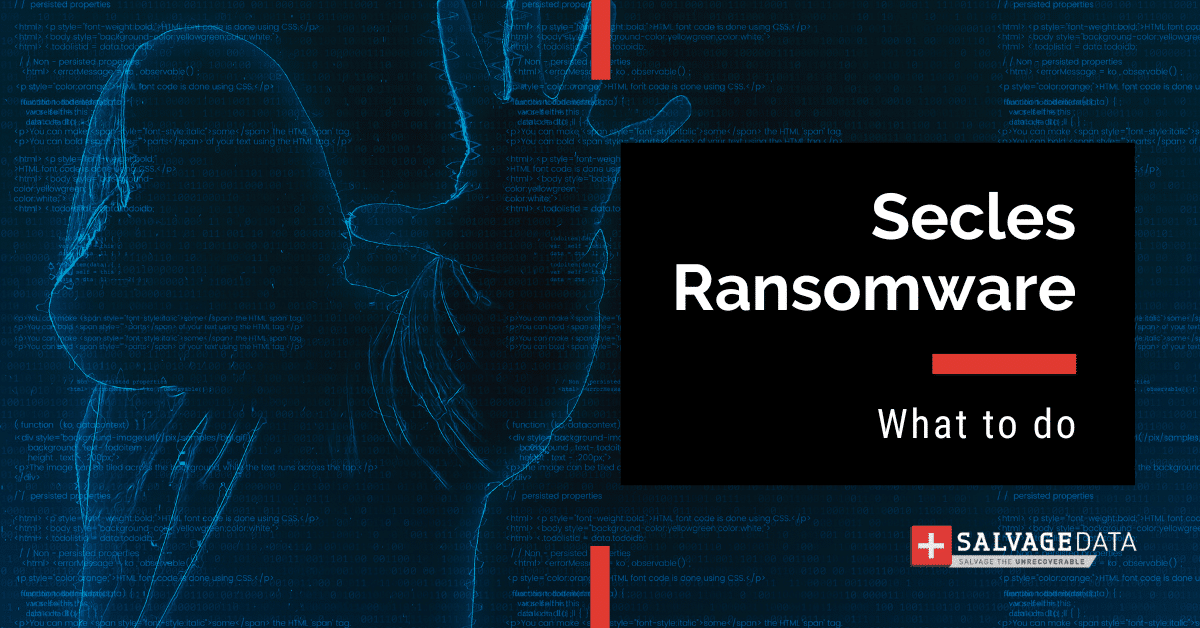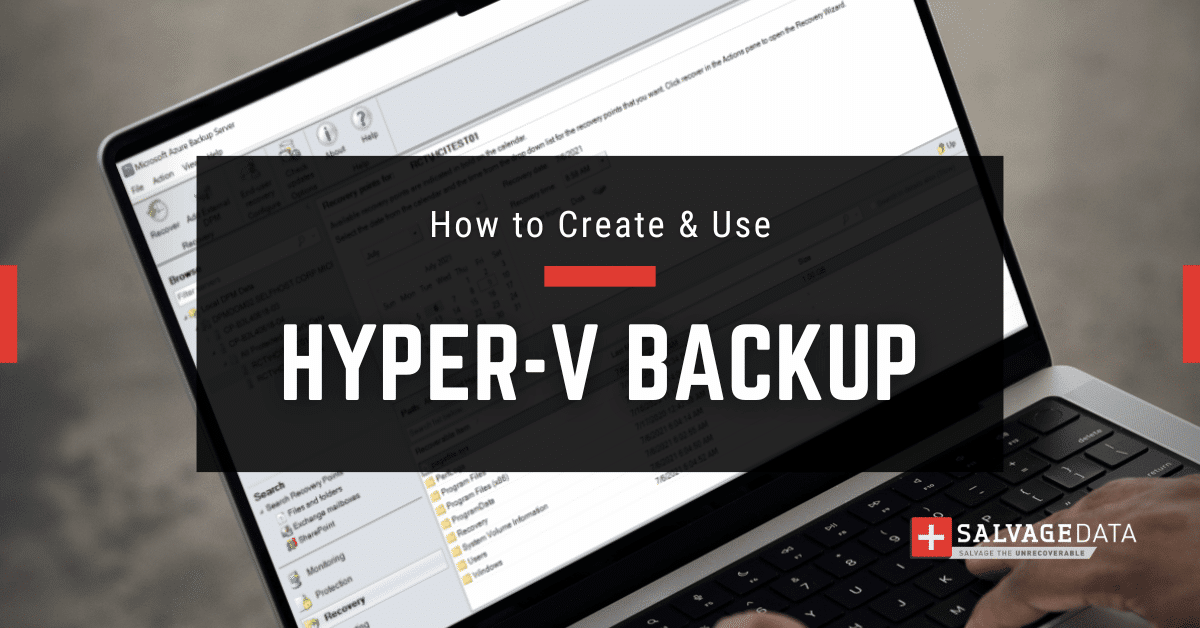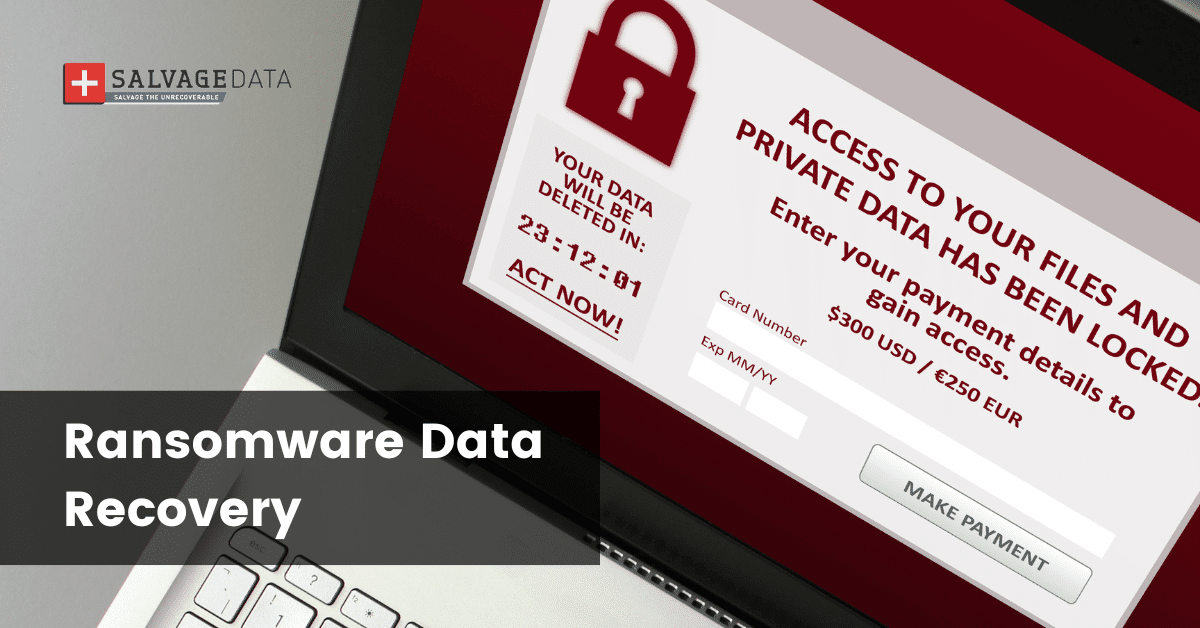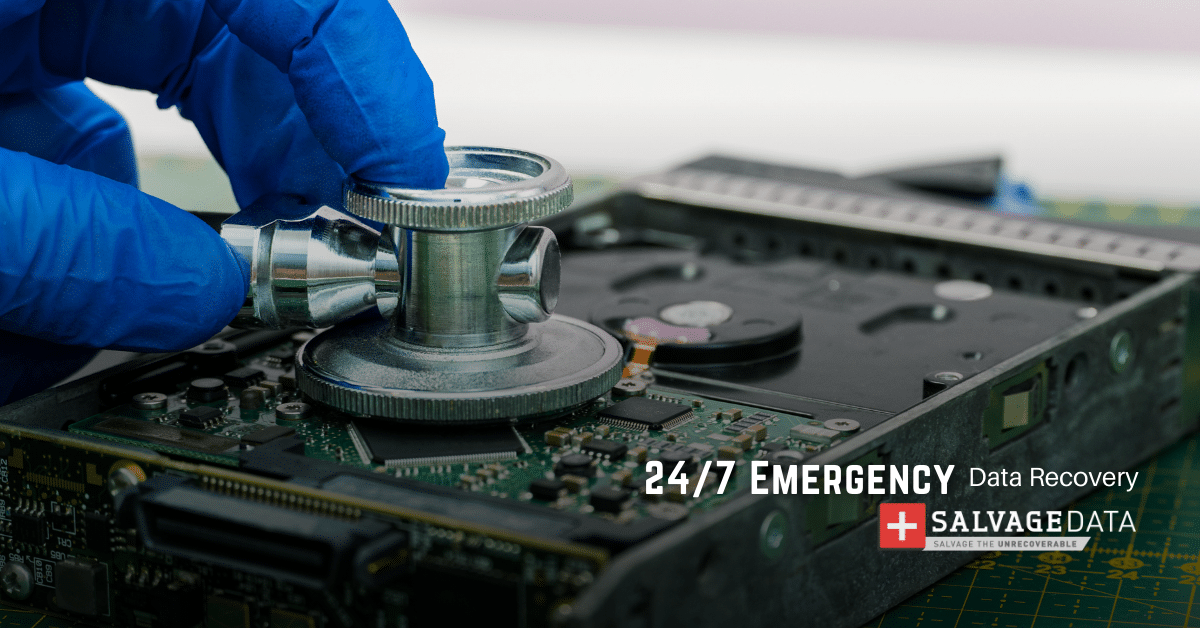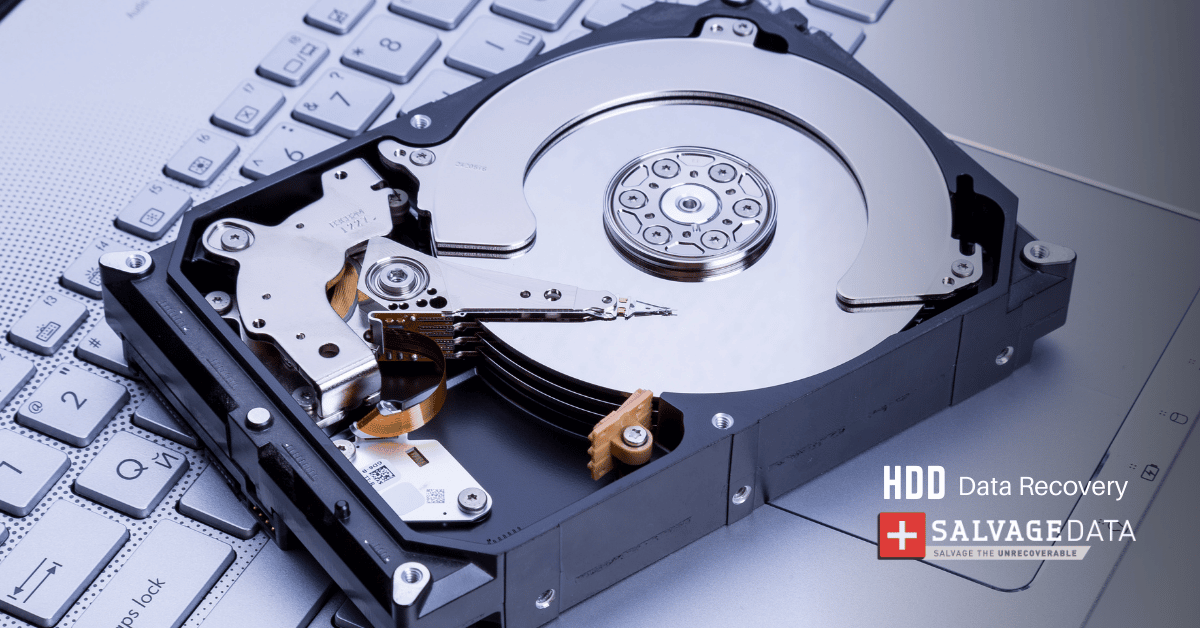Recent Articles
How To Recover Overwritten Files
The Snowflake Data Breach: A Comprehensive Overview
Mac Not Recognizing External Hard Drive: Quick Fix Solutions
How Multi-Cloud Backup Solutions Can Prevent Data Disasters
Capibara Ransomware: What is it & How to Remove
What Should a Company Do After a Data Breach: The Ticketmaster Incident
Secles Ransomware: Removal Guide
What To Do When Your Chromebook Freezes
How to Create Hyper-V Backup
What Is The Best Data Recovery Software For PC

I think there's an issue with my storage device, but I'm not sure Start a free evaluation →
I need help getting my data back right now Call now (800) 972-3282
What is Booyah Ransomware?
Booyah Ransomware is a type of malicious software that seeks to extort money from victims by encrypting their files and demanding a ransom for the decryption key. Someone typically spread it through email attachments or infected websites and can infect both individual computers and entire networks. Booyah Ransomware is particularly dangerous because it can encrypt not only individual files but also entire drives, rendering them inaccessible. This can result in significant financial losses for businesses, as well as the loss of important data. Booyah Ransomware is a serious threat, and anyone who suspects that they may have been infected should seek professional help immediately.
How does Booyah Ransomware work?
Booyah Ransomware works by encrypting the files on an infected computer or network using a strong encryption algorithm. Once the files have been encrypted, the Booyah Ransomware will display a message demanding a ransom be paid to decrypt the files. The amount of the ransom varies but is typically several hundred dollars. Booyah Ransomware will also often threaten to delete the encrypted files if the ransom is not paid within a certain period, typically 24-48 hours.
Paying the Booyah Ransomware ransom does not guarantee that the files will be decrypted, and in fact, there have been reports of victims who have paid the ransom but have not received the decryption key. Additionally, Booyah Ransomware is often bundled with other malware, such as Trojans or spyware, which can further compromise the security of an infected computer. For these reasons, it is generally not recommended to pay the Booyah Ransomware ransom.
History of Booyah
Booyah Ransomware was first discovered in August 2016 by security researcher Michael Gillespie. We believe it to be a variant of the EDA2 Ransomware, which was first discovered in December 2015. Booyah Ransomware shares many of the same characteristics as EDA2 Ransomware, including the use of the RSA-2048 encryption algorithm and the demand for a ransom to be paid in Bitcoin. Booyah Ransomware is written in the C++ programming language and is designed to run on Windows systems.
The biggest Booyah Ransomware attack to date occurred in September 2016, when it was used to attack the San Francisco Municipal Transportation Agency (SFMTA). The Booyah Ransomware encrypted over 2,000 SFMTA computers, causing significant disruptions to the agency’s operations.
How to protect yourself from Booyah Ransomware?
There are a few things you can do to protect yourself from Booyah and other types of ransomware. First, make sure that your computer has up-to-date security software installed, including an antivirus program and a firewall. Additionally, be very careful about opening email attachments, especially if they come from unknown or untrusted sources. Finally, regularly back up your important files to an external hard drive or cloud storage service so that you can recover them if Booyah Ransomware or another type of ransomware encrypted them.
How to remove Booyah Ransomware?
If it has infected your PC with Booyah Ransomware, you should immediately disconnect it from the internet and scan it with a reputable antivirus program. After that, you should contact a professional to help you recover any Booyah Ransomware-encrypted files.
Is there a public decryption tool for Booyah Ransomware?
At this time, there is no known public decryption tool for Booyah Ransomware. This means that if Booyah has encrypted your files, you will probably not be able to recover them without paying the ransom.
Contact a data recovery service
SalvageData ransomware data recovery team will decrypt your files and guarantee they restored them. Even if decryption is impossible, our experts can communicate with the hacker group on your behalf. We will work with you to get your Booyah Ransomware deleted and will also take steps to prevent any future Booyah Ransomware attacks.
For more information, please visit our website: www.salvagedata.com
Or call us 24/7: +1 (800) 972-3282 for a free consultation.

